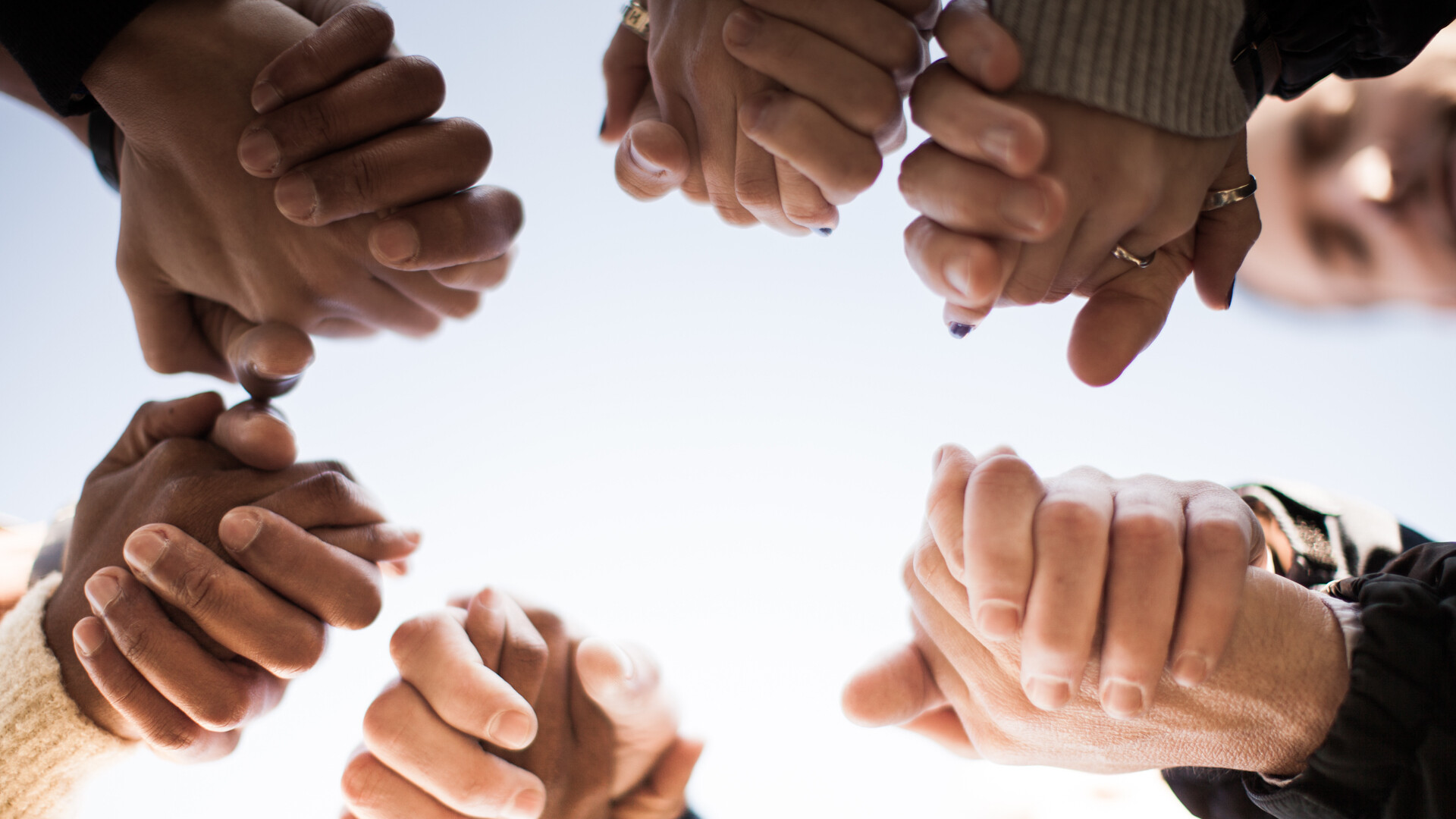
Generous Justice
My girls are crazy about the movie “The Greatest Showman,” and I don’t blame them – catchy tunes and great choreography. It also tells the story of the “Oddities,” the circus side-show characters who come out of the shadows to find acceptance and even a family. It’s really made me think – what role does the American church play in this diverse country? Are we the “carriage crowd,” aloof and focused on our own virtue? Are we even the outraged and angry, protesting what we find offensive? Or are we in fact more akin to the Oddities, able to extend the hand of fellowship that we’ve been given? Over the past few months, the elders read and discussed Tim Keller’s Generous Justice, to begin discussing issues of diversity and justice. As my mind has spun, here are 2 truths I’ve landed on thus far:
- There is a problem.
- Jesus is the answer.
1. There is a problem.
It takes about 2 seconds of watching the news to see that race relations in this country is a problem. Whatever current event brings tensions to the surface, it amazes me the passion and anger, not just in a group that feels
One of the fundamental tenets of our faith is that we are sinners. Key to this is not just acceptance of the theological truth of man’s fall and blaming Adam and Eve, but the recognition that all have sinned and fall short of the glory of God. We evangelicals normally have no problem with this. We readily sing, “Amazing
What I’ve realized is that if there is any part of my heart where my first impulse is to tell God, “No, Lord, I’m good,” that’s a sure sign of an area I have not surrendered to Him. Racism is not just blatant acts of violence, hatred, and discrimination. In the Sermon on the Mount, Jesus, again and again, challenges us to a higher standard. Maybe you haven’t murdered, but how you talk to (or about) your brother is just as bad. You think you know how to love, but can you love your enemy? What would Christ say about racism? I may have sanitized my language, but have I purified my assumptions or biases when I interview a candidate, when I pass by someone on the street, or when I interpret current events or public policy?
The thing is, there is a problem, and it needs to be my problem. I need to own it if I am to repent. But in this, I also need to own the sins of omission. Even if I did not cause the problem, if I stand by in the presence of an unjust system, then I am an accessory to that injustice. What does the Lord require of me? But to act justly, to love mercy, and to walk humbly with my God.
This is where I have been most guilty. I have typically avoided things I deemed as political or potentially divisive and focused on salvation and sanctification. But as I learn to love God and strive to love my neighbor, should it not strike me as odd that most of those neighbors tend to look alike? Should I not remember that when asked to define neighbor, Jesus told a story about a hated Samaritan? Christian unity is not the absence of conflict or avoidance of difficult issues. It is the constant subjugation of my will and my perceived rights in complete surrender to the Head so that I might be a part of the body. I have been crucified with Christ, and I no longer live, but Christ lives in me. Sometimes my desire for peace (i.e. avoidance of difficulty) needs to be crucified. I need to be quick to listen, slow to speak, and slow to become angry. Maybe it means I need to understand the experience and struggles of someone who doesn’t look like me or vote
2. Jesus is the answer.
If the question is why we need to engage in this area, Jesus is the answer. Diversity is important because it was His idea in the first place. I may want to focus on salvation but just look around at creation and its inexplicable diversity and beauty. What is the role of the platypus in the salvific plan of Christ? Why did He create entire galaxies we may never even know are there? Because it’s not just about our salvation or experience, but about the glory of God. All of creation shouts His name, not ours.
Why diversity? Because my picture of Him is too small. God’s glory is too great to be conceived by any human mind. At the throne of God, there will be people from every tribe and tongue and nation worshipping. Perhaps different groups have been blessed to receive a different perspective of God’s greatness. People who look like me might help others appreciate a different perception of family and community, and the cost of discipleship – what it really looks like then to die to your father and mother. When I was in college I worshipped at a predominantly African-American church, where I saw an outward expression of joy I would never have allowed myself in public. Even more, though, hearing people’s stories and faith, I witnessed incredible resilience and strength in trials and suffering. The goal is not to pretend to be color blind but to learn how we each reflect the glory of our Creator.
If I love Jesus, I have to love His children – all of them. So Jesus is the answer to why this is so important. He’s the motivation for all of this. All are created equal. Take God out of it, and from an evolutionary standpoint, there’s no such thing as equality or intrinsic value – only adaptation and survival. Secular society fails when it tries to push diversity without power. Then it becomes sanitation of language and submission of the majority culture’s rights for no good reason. But Christ’s love compels us because it’s His plan and His will.
If the question is how we can make a difference, Jesus is also the answer. If we have any privilege or resources or power, we should have this attitude which was also in Christ Jesus, who, although He existed in the form of God did not consider equality with God a thing to be grasped, but emptied himself, taking the form of a bondservant and being made in likeness like a man. It’s much easier to say that certain groups need to pull themselves up by their bootstraps and be successful like I did, ignoring the gifts and opportunities (not just my effort) that helped get me where I am. Do we judge others as if all of this is their fault and expect them to lift themselves up, or do we really want to be Christ-like and lay down our lives for others?
If the question is who will bring about change, Jesus is still the answer. The thing is, though, as
This is not to say the church should meddle in politics. It is not politics to call
I don’t have all the answers as to what this looks like, but I know Who does. Let’s commit first to pray. Let’s ask what God might turn up in each of our lives, as well as how God might work in and through our congregation. Let’s be open to being challenged in this area (mlk50conference.com was a great reference for me). Let’s engage one another with honesty as to where we are coming from, with grace to accept each other as brothers and sisters despite the widely disparate viewpoints that will arise, and with faithfulness to press on toward the goal to win the prize for which God has called us heavenward in Christ Jesus.

